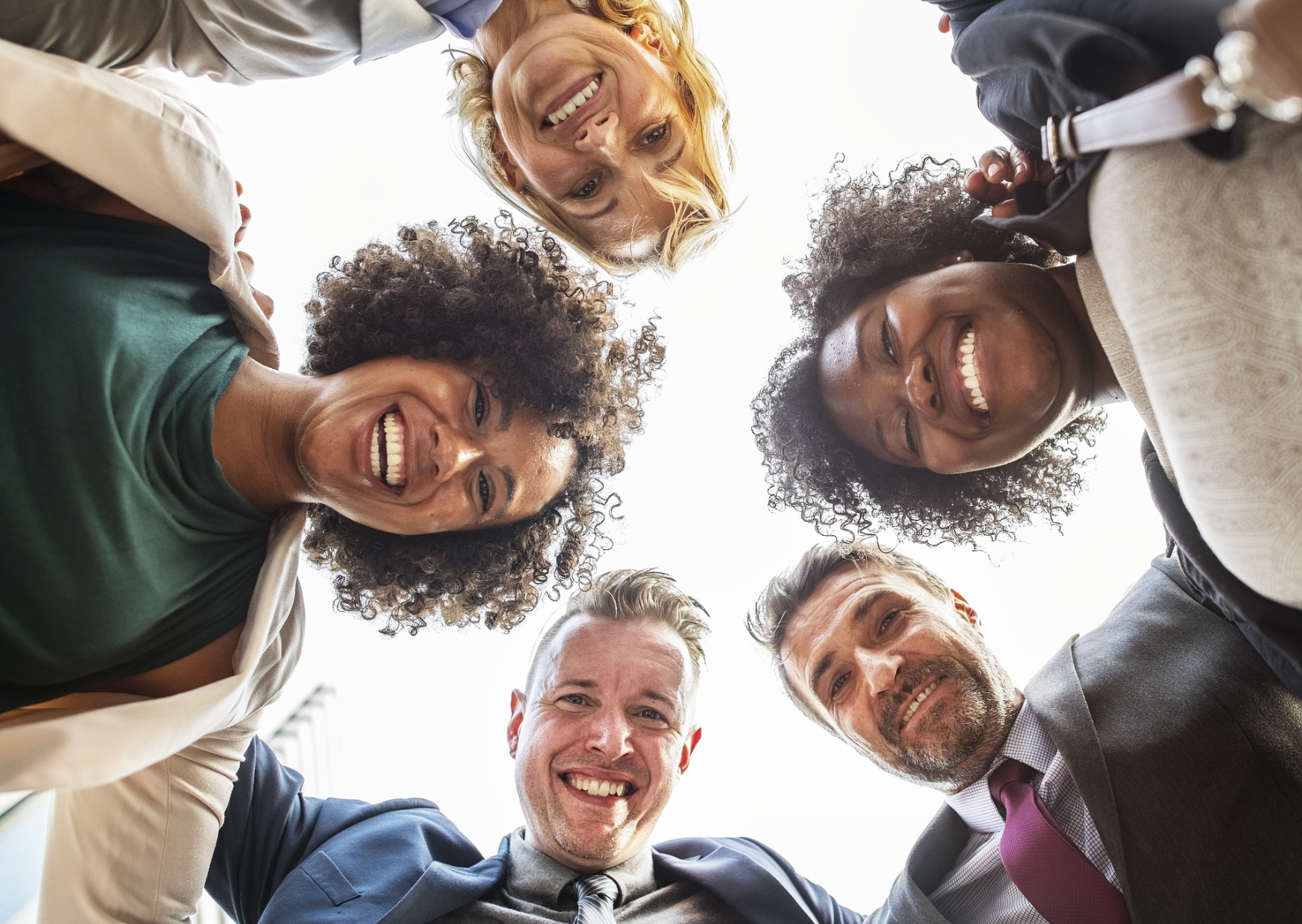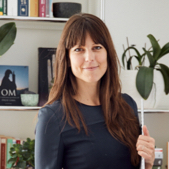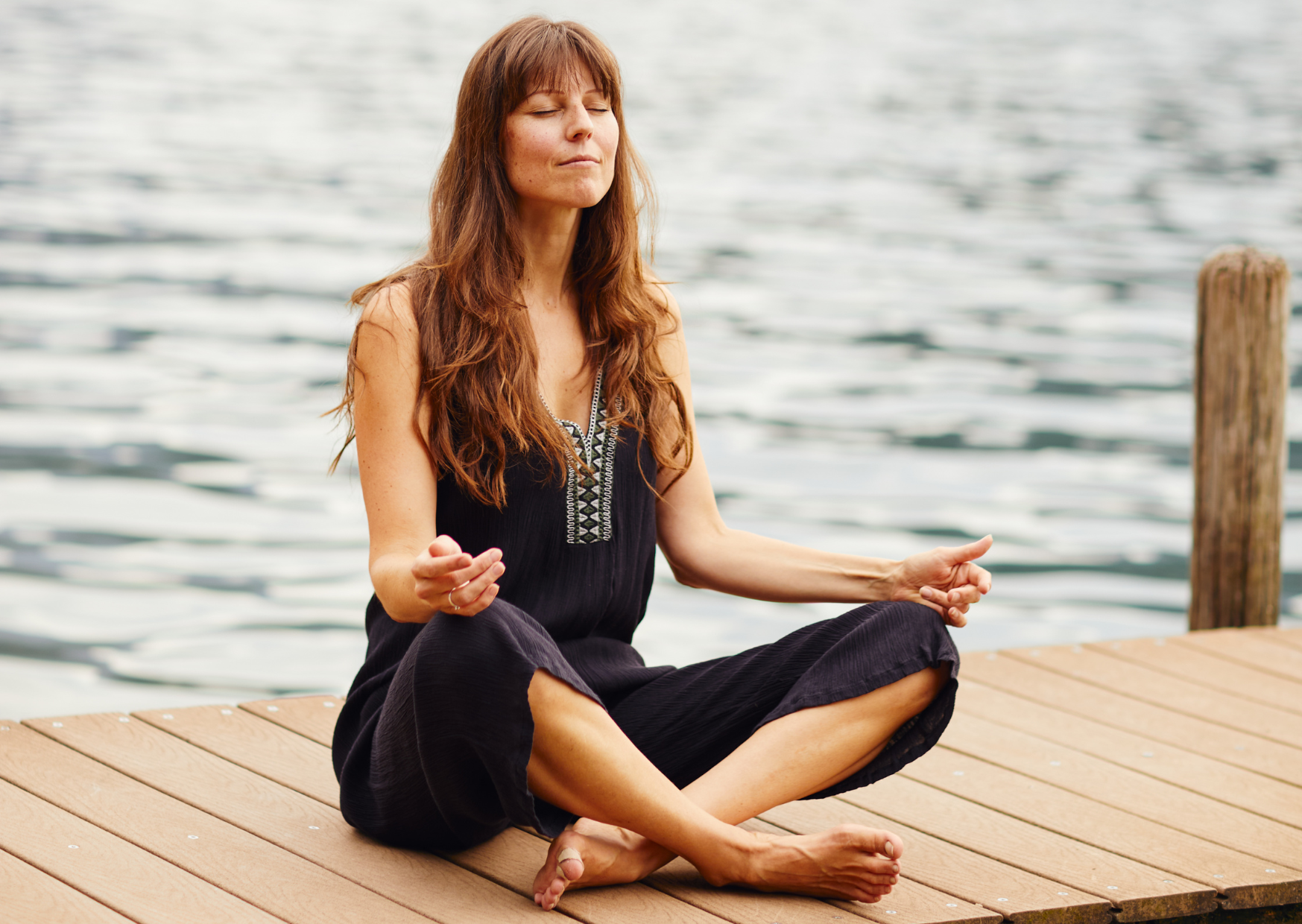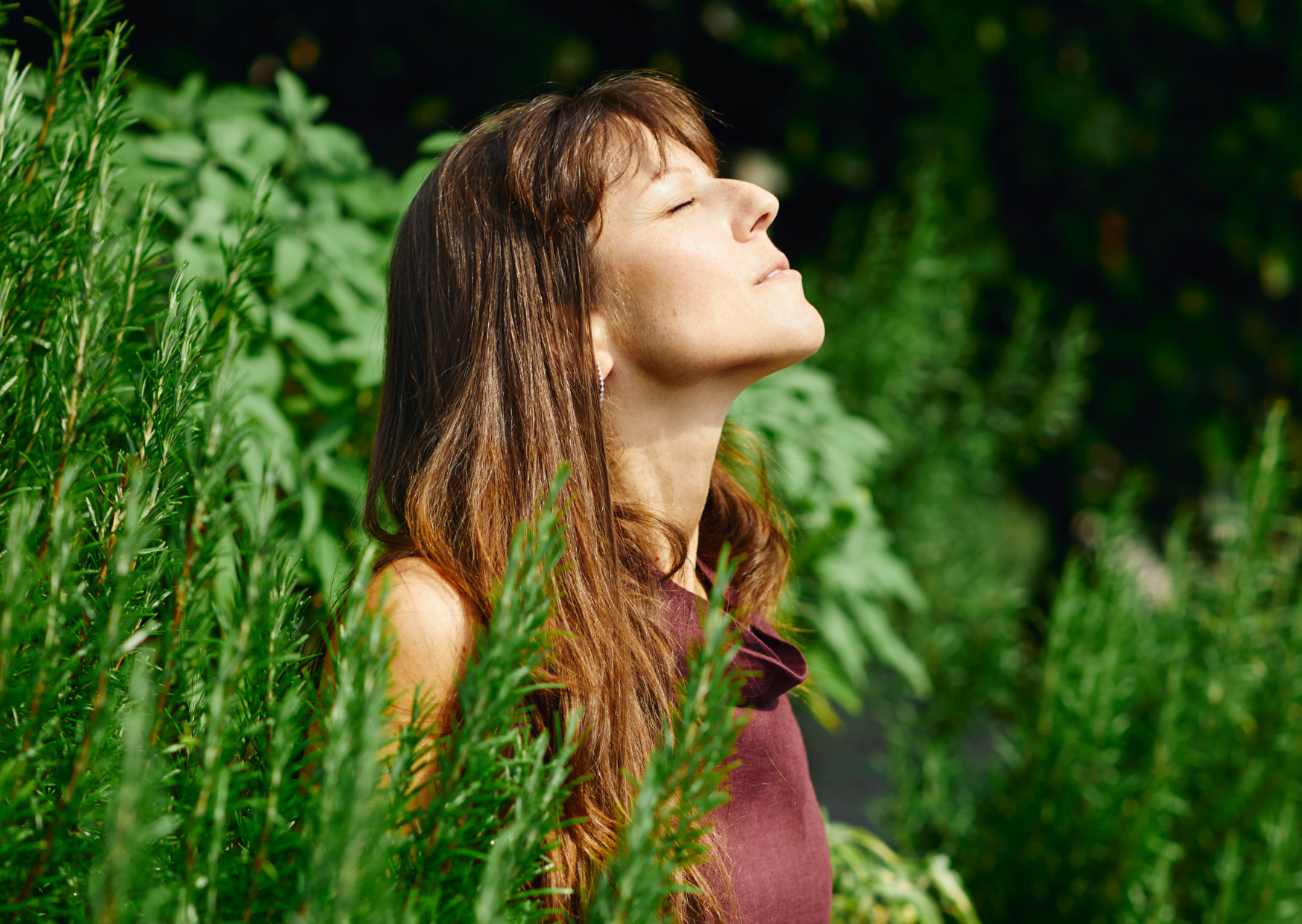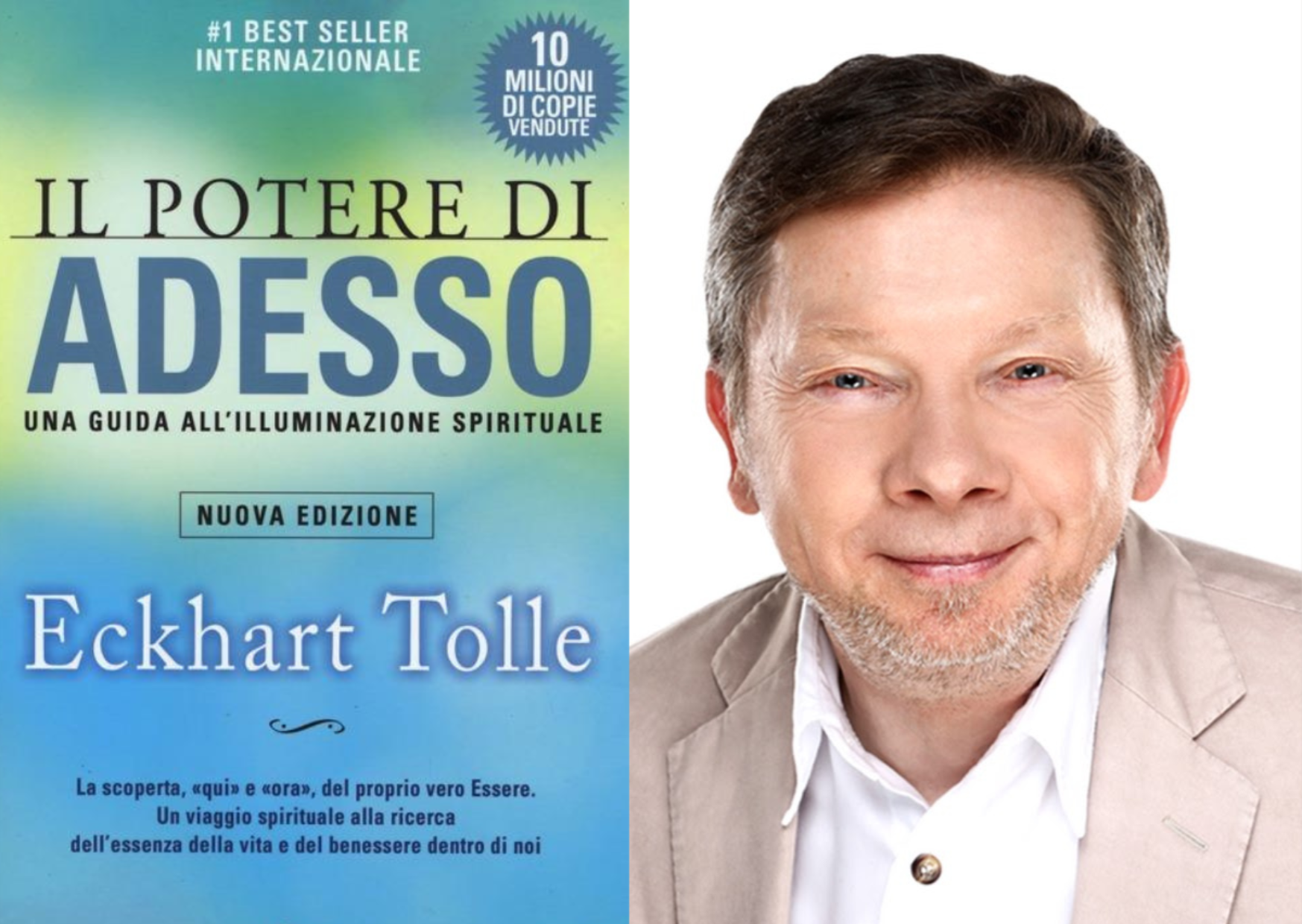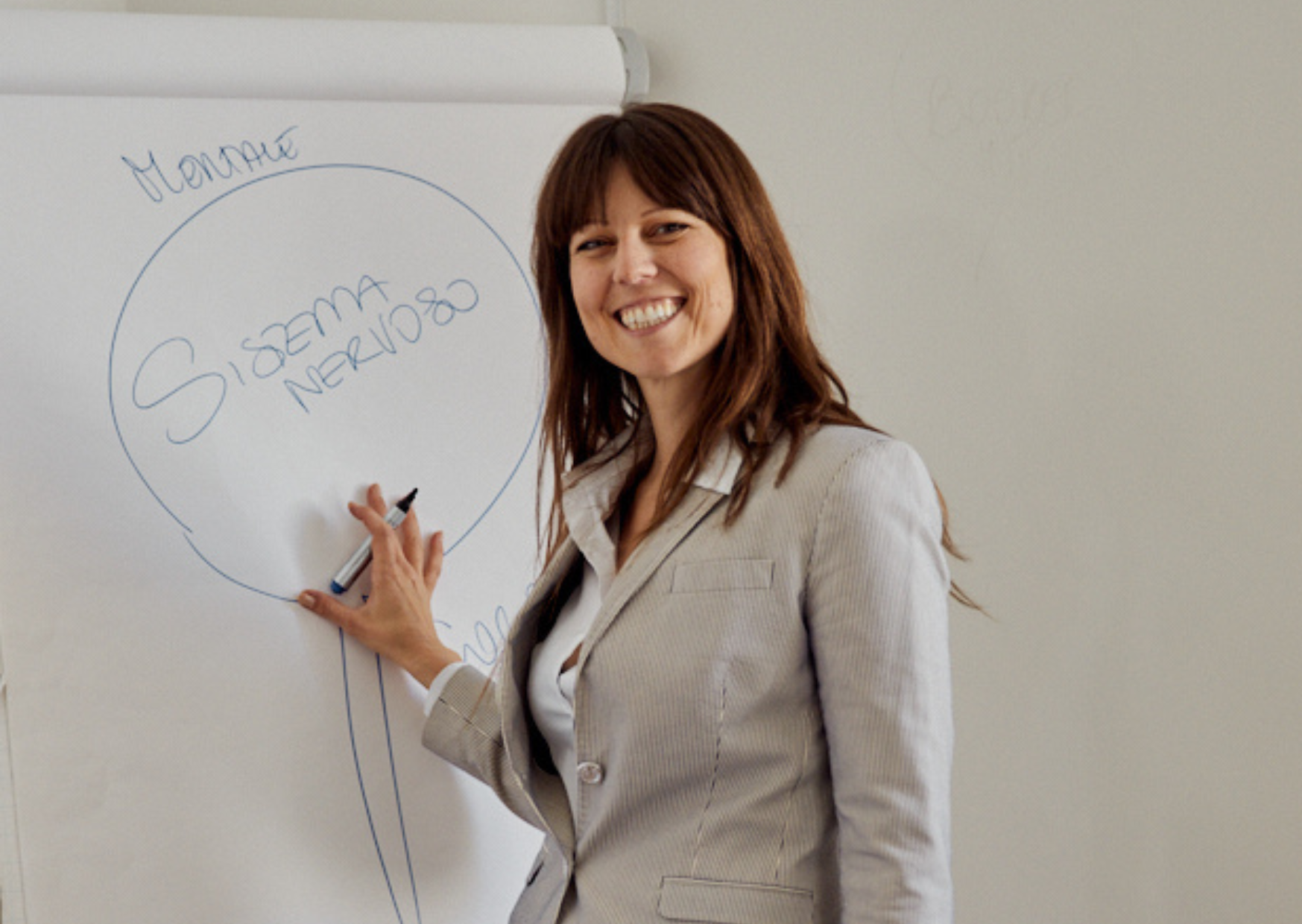Find out how your beliefs and convictions affect your reality
Have you ever wondered why some people live better than others? Read the article!
Investigating one’s own beliefs and convictions is essential when one wants to embark on a path of personal development, since beliefs, often unconscious, act as “thought guides” influencing reasoning, choices, and behaviours.
The belief system is unique to each person, and it develops in the earliest years of childhood. Some beliefs are transmitted to us by the society in which we live, for example by the culture of the country where we were born, by religion and by education; while others are transmitted to us by television, social media and by people with whom we share our lives, such as family, teachers, schoolmates, friends, etc.
“The belief system represents the set of expectations, hypotheses or beliefs, conscious or unconscious, that a person accepts as an authentic explanation of the world in which one lives”. Rokeach (1960)
How our beliefs create our reality
In our human existence, language allows us to express ourselves and it uses its implicit power, which is to shape our reality through the creation of convictions and beliefs. Thanks to the word we define who we are, we tell the story of our life, and we give shape to the meanings that make up our personal reality, therefore the perimeter within which our mind moves.
The mind creates a representation, a model of the world, organizing information (situations, events, people) based on what we believe to be true, good, safe, and right for us. For example, there are those who believe that drinking a glass of red wine at dinner is a cure-all, while there are others who believe that consuming alcohol regularly is bad for your health; there are people who believe that the sun is good for the bones, other people believe that it hurts and if we were in Asia we would walk the streets with an umbrella to protect ourselves from the sun, because the belief is that white skin is more beautiful of the tanned one, but who is right? Which point of view is true or right? You too have your opinion on these examples, and you too are conditioned by your experience, your system of beliefs and values, or rather by what is closest to your world.
When we understand that everything is elaborated in the form of beliefs by our mind, we also understand that there is no belief that is truer than another, but surely there are beliefs that are more empowering and others that are more limiting; therefore, here is explained why some people work better than others! There is no reality truer than another, it is only about our history, the culture to which we belong, and the conditioning received, especially in the first years of life.
In adulthood we can consciously choose to want to progress and function better in our categories of life (relationships, health, work, finances,..), but this change precludes work on ourselves to review the meanings attributed and to free ourselves from the useless baggage of past.

Why is observing one’s beliefs essential?
In adulthood it is essential to slow down and to observe how we function, if our behaviours create well-being and value in our relationships, in our health, in our couple, … Behaviours are the expression of our beliefs in the matter, since what we believe changes how we act. For example, if I think carrots aren’t good for me or I don’t like them, I won’t eat them, but if I think they’re good for me, I’ll include them in my diet.
However, some beliefs play against us and therefore we need to be present and learn to change them, since every thought, every word, every gesture derives from our deep structure of beliefs. Beliefs act like programs, they work automatically; therefore, doing conscious work on beliefs allows us to modify emotions, behaviours and therefore our results. If a belief is not favourable and hinders us in our lives, then we can take action to change it.
However, it is not always easy to change our beliefs, as they are integrated into our personal history and they are linked to each other in our experience. It means that, by questioning one, we may have to question other ones linked to it.

Who am I really?
“How do I see myself; how do I perceive myself and what do I think about myself?”
The idea we have of ourselves is formulated based on the beliefs that others have about us. From an early age we enter a “training system” dictated by the influence of culture, politics, family, social, school, and religious education. This “training” also includes the opinions that our environment has formulated towards us, highlighting our qualities and our flaws, our strengths, and our limits, forbidding us to behave and encouraging others. Since we were children, we have been prevented from expressing ourselves in a certain way and we have been stimulated to acquire forms of reasoning and behaviour to be part of the system we belong to.
Over the years we get to know ourselves through the eyes of others, believing that their opinions are true and objective. By being told what we are and what we are not, we end up believing it. The opinions of others become ours, and the limits that others have seen of us become ours: “you’re loud”, “you’re abusive”, “you’re stupid”, internalized voices that still make us feel profoundly inadequate.
Let us remember, however, that just as we have been conditioned, so have others, even our parents; it is a generational phenomenon that has been repeated naturally and in good faith since the beginning of time.
Beliefs manifest our personal reality
Beliefs act like powerful magnets and draw similar experiences to us to confirm the contents of our mind. Mind and matter are indivisible, this is explained by quantum physics today. Our brain will always use the environment to validate and confirm to ourselves that what we believe in is true, which is why some people even in the face of evidence deny the facts, because it is more difficult to change a belief than to refute a fact.
Limiting beliefs create undesirable experiences that draw people to us who create chaos in our lives, while empowering beliefs allow us to open to people and see opportunities to manifest greater value and success in our lives. What we believe is what we attract and what we experience.
How can we change a belief?
Since we have not consciously chosen most of our current beliefs but have found ourselves in adulthood with a package of beliefs that also make us suffer, then we can decide to change them at any time. After all, what could be better than tidying up our experience like a closet full of old clothes? We can decide to look inside ourselves and see what still fits us and what doesn’t fit us anymore, we can decide to throw away the old and welcome the new, to create a new life experience, a new reality, much more useful and beneficial to us.
We may not be aware of it, but we project the film of our lives into our minds, we describe and make sense of what is happening, we spend our time telling ourselves a story which we then believe! But reality often has nothing to do with our film. We must slow down, observe, and take the reins of our thoughts and begin to sort out what is useful for us and what is now obsolete in our lives today.
If we don’t learn to hold the reins of our thoughts and to intervene to change our thinking, we will be overwhelmed by our fundamental programs, our beliefs. These will act in total autonomy based on the programming that took place at a young age. Therefore, if we project a film in our mind that makes us suffer, it is our duty to change it, so we can modify the unpleasant experiences by modifying our deep beliefs. We are the directors, not our minds.
Consciously choosing what to believe is an act of power since it is not external events that condition our emotions and behaviours, but it is our interpretation that conditions how we feel and how we act. When we change our perception, we act in new ways and, as a result, we attract new experiences.
If you think this article is useful, leave us a comment!
Categories
Latest articles
Featured articles
Subscribe to the newsletter
Share
Did you like the article?
Contact us for more information!
